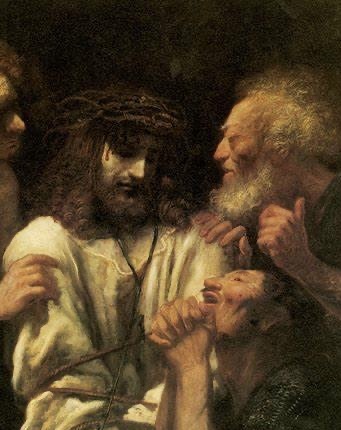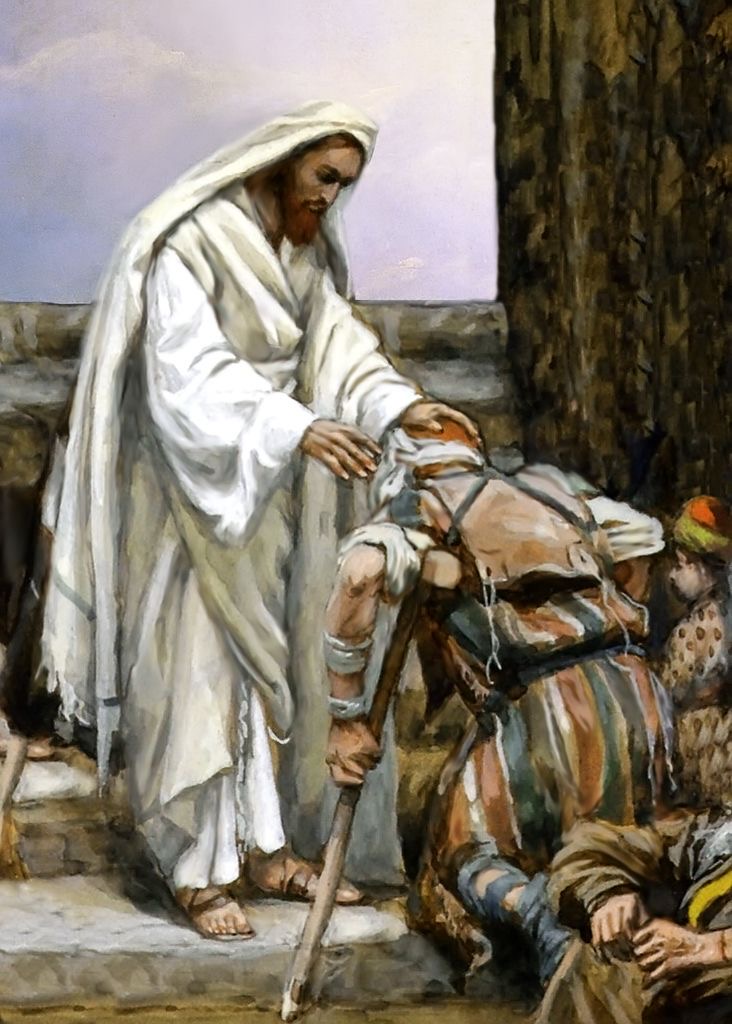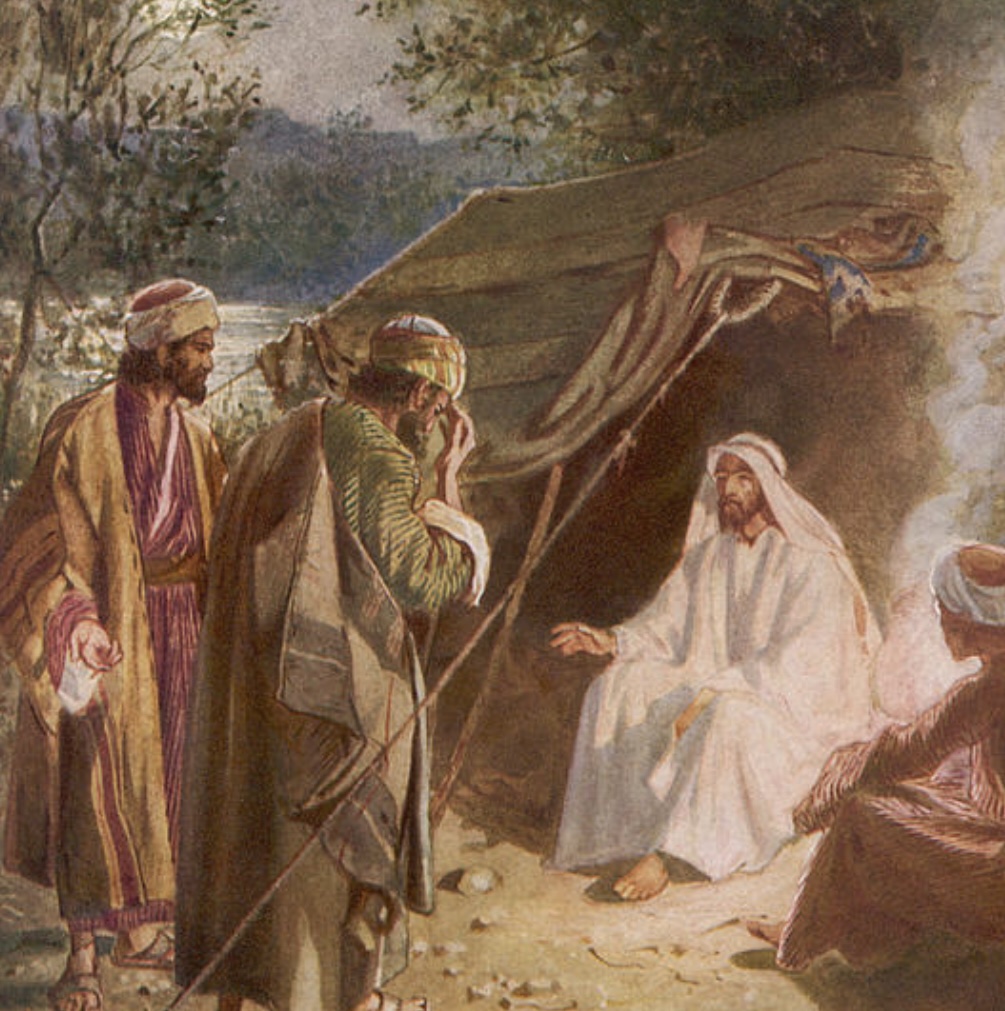Tags
Bible, Christian Anthropology, Christian life, Christianity, discipleship, God, Holy Spirit, Jesus, Pentecost, St. Auguestine, The Literal Meaning of Genesis
The Holy Spirit opens vistas both before us and within us.
Vistas, those wide expansive views, are part of what has been drawing me increasingly out west on vacation. My home of East Tennessee is, I believe, one of the most beautiful places on God’s green earth but one thing it lacks are the vistas found in the western United States. In a vista one can see for miles and miles and the sky opens before you! Vistas and their sweeping views help to put all things and even ourselves in perspective. When I gaze on the expansiveness of a vista an echo of a similar expanse echoes from within my soul. Wonder is easily born in those moments when I am caught up in the view of a vista.
The Holy Spirit, the Advocate promised by the risen Jesus, continually opens every Christian disciple and the Church herself to the great vista before us which is the coming of the Kingdom of God. The Church cannot stay behind locked doors. This is not the mandate given us. Behind locked doors is not where we belong. The Church must go forth into the world as Jesus has instructed us. Go into the whole world and proclaim the gospel to every creature. (Mk. 16:15)
The Church goes forth to proclaim the good news confidently because she knows that behind and undergirding the horizon of the world is the greater horizon of the Kingdom of God. It is on this greatest of vistas that the eyes of the Church are set and to which her heart is drawn. Hope is given by the Holy Spirit who has been poured forth and who dwells in our heart, who reminds us that we are indeed sons and daughters of God and who gives us the assurance to call God “Abba” (Rom. 8:14-17). We proclaim the good news in the confidence of children of God who know the truth of the Kingdom!
The Holy Spirit also brings us to the vistas found within our very selves and opens us to these expansive views within.
The topic I wrote on for my licentiate in sacred theology was a comparison of our modern understanding of what constitutes the human person and the concept of the human person as expressed by St. Augustine in his writing of The Literal Meaning of Genesis. Through the comparison I came to realize how truly anemic our modern secular understanding of the human person is. Modern secular definitions of the human person are weakened in anemia because – through a whole development of historical and societal occurrences and philosophical thought – we have boxed ourselves off. We have increasingly isolated ourselves both from any hint of a connection with the transcendent as well as with authentic connection with one another. This anemic understanding is, I believe, at the heart of many of our current societal ills and confusions. We have forgotten who we are, in whose image we are made and for what purpose we are made. We have forgotten and cut ourselves off from seeing our own expansiveness. We have lost sight of our own inner vistas.
The concept of the human person found in St. Augustine’s The Literal Meaning of Genesis on the other hand, does not box off. In fact, it does the exact opposite. Where modern understanding locks the human person in a box, the thought that St. Augustine expresses in his writing on Genesis locates us in a columned courtyard which stands open, by design, both to the sky above as well as to all of the surrounding vistas. For Augustine, we are hardwired for authentic and true connection both with God and with one another. Not so for the modern secular understanding of the human person.
It seems to me that a critically important task for the Christian disciple in our world today is to free ourselves from/step out of the box of this modern concept of the human person which we have all inherited. It is fair and just to acknowledge the good found in this modern inheritance (and there is good) but we do not have to be imprisoned nor limited by the constraints also found within this inheritance.
The Holy Spirit is the prime mover in this task. We have received the Spirit who is the very love between the Father and the Son. And I will ask the Father, and he will give you another Advocate to be with you always, the Spirit of truth, which the world cannot accept, because it neither sees nor knows it. But you know it, because it remains with you, and will be in you. (Jn. 14:16-18)
Truth cannot exist alongside illusion and falsity and the “Spirit of truth” has been given us and even dwells within us. The “world” – human pride and error – does not recognize the Spirit because the Spirit is not constrained by its limits and the Spirit has been given to us to continually set us free from whatever would seek to bind and imprison us as well as deny our dignity. The wind blows where it wills, and you can hear the sound it makes, but you do not know where it comes from or where it goes; so it is with everyone who is born of the Spirit. (Jn. 3:8)
Ask the Holy Spirit to strip away any and all internal illusions of isolation and separation. It is time to move beyond the sad and anemic concept of the human person found in modern secularism. Pray the Holy Spirit to liberate you and bring you into a living and authentic relationship with God and with others – not an isolating box but a columned courtyard open both to the wonder of the sky and the surrounding vistas!
For those who are led by the Spirit of God are children of God. For you did not receive a spirit of slavery to fall back into fear, but you received a spirit of adoption, through which we cry, Abba, “Father!” The Spirit itself bears witness with our spirit that we are children of God, and if children, then heirs, heirs of God and joint heirs with Christ, if only we suffer with him so that we also may be glorified with him. (Rom. 8:14-17)
We, who have received the Holy Spirit, are called to keep our eyes fixed on the great vista before us which is the coming Kingdom of God as well as be ever aware and attentive to the expansive vistas that God has placed within us.
The two vistas are connected: if not one and the same.










